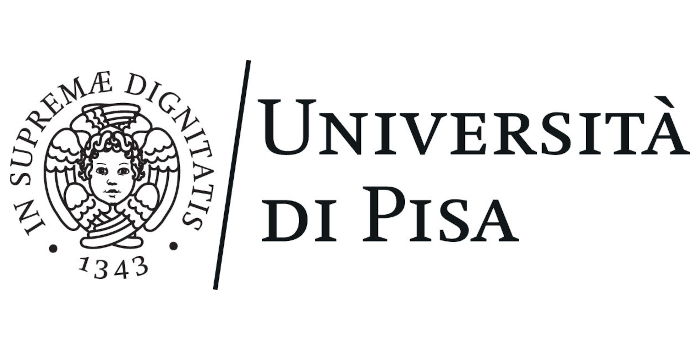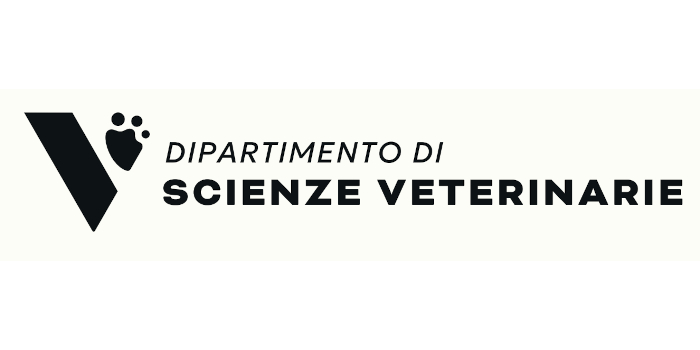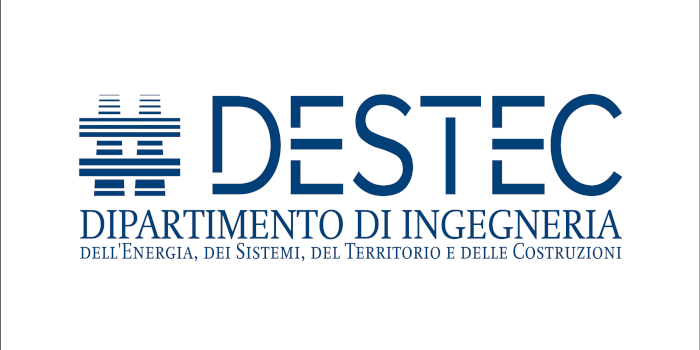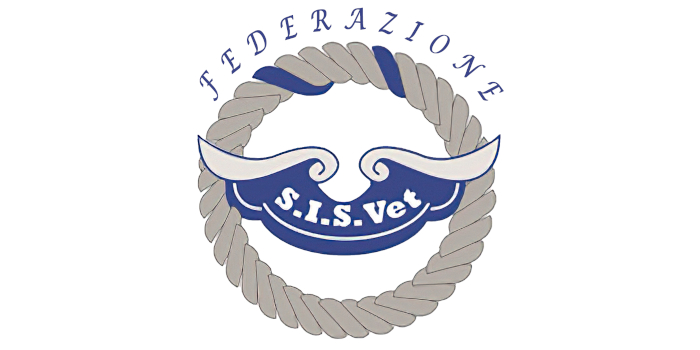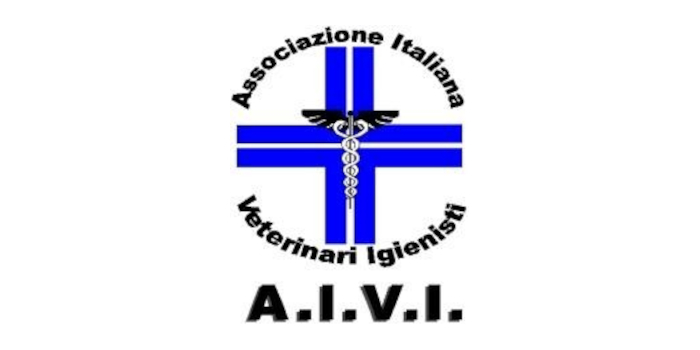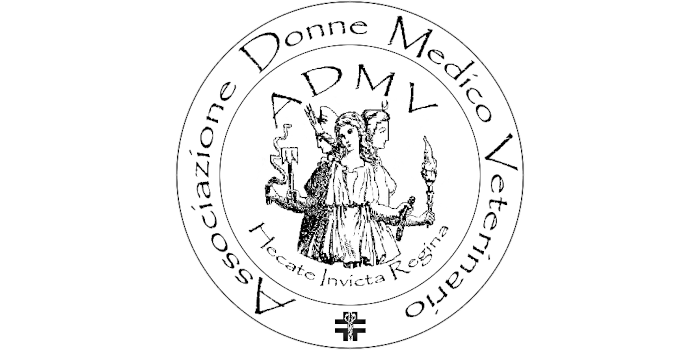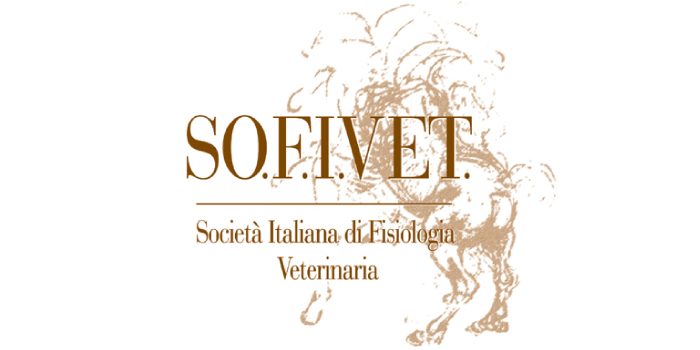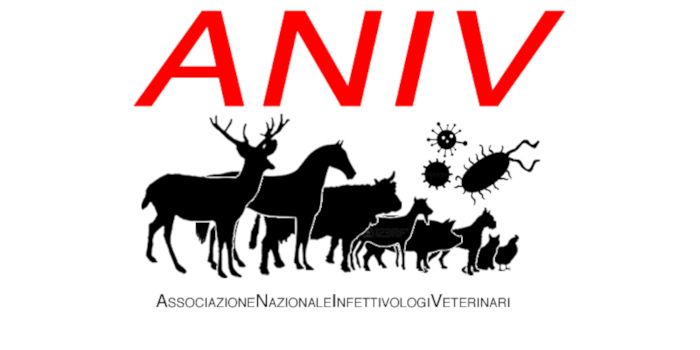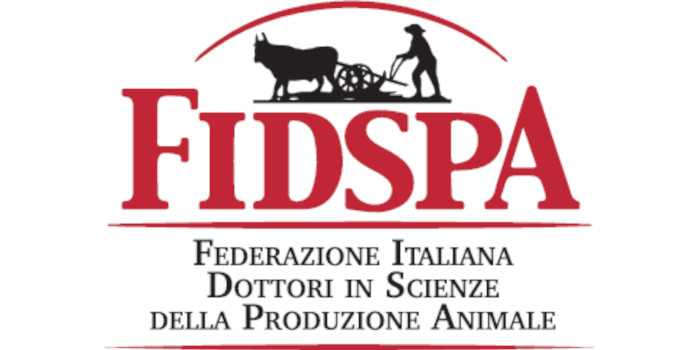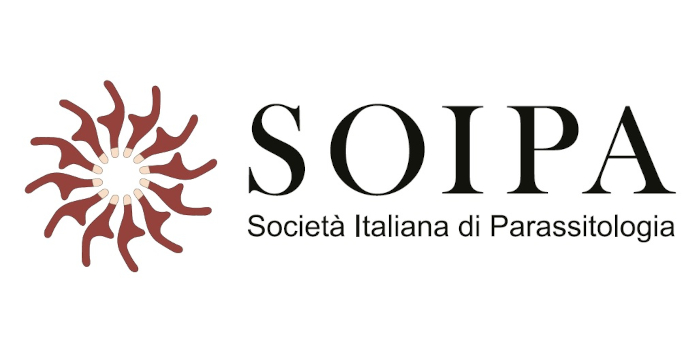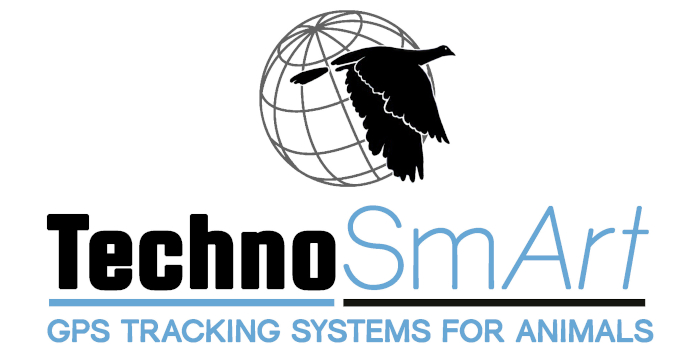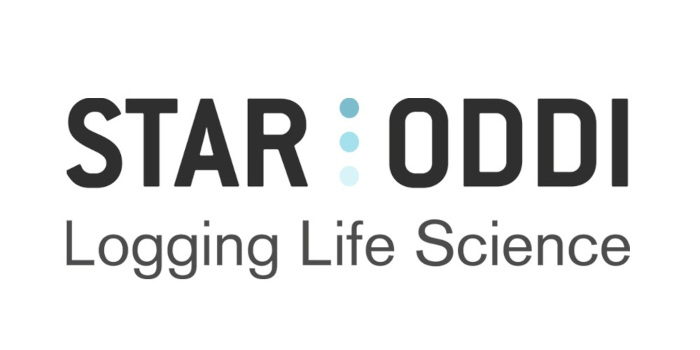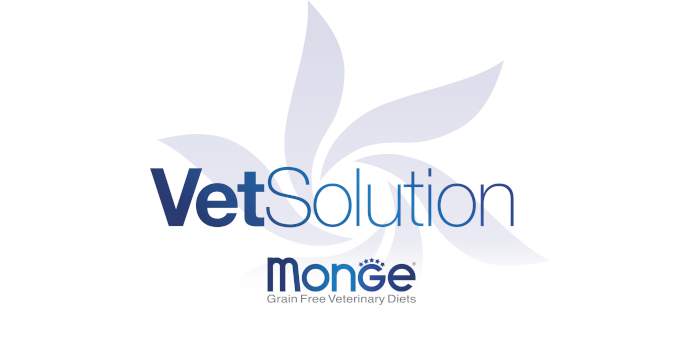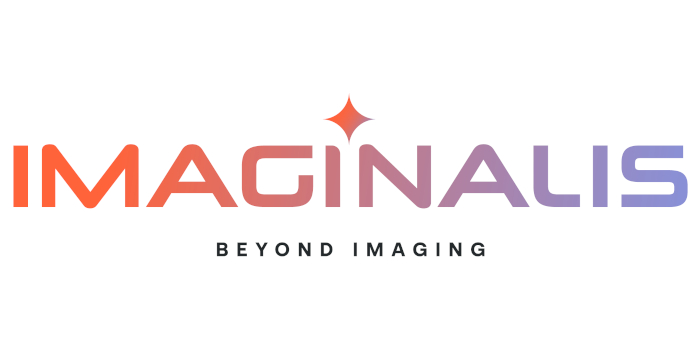SPECIAL SESSION #12
Diving into the heart of animal-assisted interventions: measuring human-animal interaction, relationship and bonding
ORGANIZED BY
Marta De Santis
Centro di referenza nazionale per gli interventi assistiti con gli animali - Istituto Zooprofilattico Sperimentale delle Venezie
Laura Contalbrigo
Centro di referenza nazionale per gli interventi assistiti con gli animali - Istituto Zooprofilattico Sperimentale delle Venezie
Paolo Baragli
Department of Veterinary Sciences - University of Pisa
Carmen Borrelli
University of Pisa
ABSTRACT
The objective of this session is to provide an overview of the methods currently employed to analyse and describe the human-animal interaction, relationship and bonding in animal-assisted interventions (AAIs).
These elements are of critical importance in determining the efficacy of AAIs. The benefits derived from AAIs are largely contingent upon the quality of the interaction and the relationship that occurs between the animal involved and the client/patient. Furthermore, the efficacy and safety of animal-assisted interventions (AAIs) depend on the establishment of effective communication and mutual understanding between the handler and the animal.
Ultimately, a more profound grasp of these processes will facilitate the safeguarding of the well-being of all parties involved, including the animal. Indeed, the recent update of the Mellor’s Five Domains Model (2020) emphasises the necessity of considering and assessing human-animal interaction in order to gain a comprehensive understanding of animal welfare.
This session welcomes contributions from researchers worldwide who are considering the animal perspective and are engaged in the study of human-animal interactions and relationships, either directly or indirectly, employing ethological and/or innovative approaches and tools. Furthermore, studies conducted in the field of animal-assisted interventions, or containing a conceptual reference to such interventions, will be given particular consideration, in view of the aforementioned peculiarity of this context.
ABOUT THE ORGANIZERS
Marta De Santis is a veterinary researcher working at the Italian National Reference Centre for Animal Assisted Interventions (Istituto Zooprofilattico Sperimentale delle Venezie). Her research interests lie in applied research and literature reviews on human-animal interaction, particularly from an animal perspective, with an emphasis on animal welfare, behaviour, cognition and aspects of bioethics. She is currently engaged in a research project examining the welfare of dogs involved in AAI and the dog-handler relationship and interaction, with a particular focus on behavioural synchronisation.
Laura Contalbrigo has been a veterinary officer at the National Reference Centre for Animal-Assisted Interventions (CRN IAA) of the Istituto Zooprofilattico Sperimentale delle Venezie since 2017. She graduated in Veterinary Medicine in 2004 from the University of Padua and later obtained her Ph.D. in Veterinary Clinical Sciences in 2008. In 2012, she specialised in 'Inspection of Animal-Derived Foods' at the University of Bologna, and in 2017, she earned a specialisation in 'Science and Medicine of Laboratory Animals' from the University of Milan. Passionate about dog welfare and behaviour, she obtained a second-level Master's degree in Clinical Ethology of Companion Animals at the University of Pisa in 2022, and certification as a Veterinary Expert in Animal-Assisted Interventions (IAA) in July of the same year. Since 2019, she has represented the Ministry of Health at the UNI GL022 Technical Table – Dog trainer professionals, contributing to developing technical standards for professional qualification in the sector and has been a CEN expert for the CEN TC 452 ‘Assistance Dogs.’ Since 2021, she has been the co-convener of WG6 'Accessibility' within the same standardization process. Since 2020, she has been responsible for urban veterinary hygiene, serving as the IZSVe liaison for the National Reference Centre for Urban Hygiene of the Istituto Zooprofilattico Sperimentale of Abruzzo and Molise. She teaches human-animal relationships and animal-assisted interventions at universities and training organizations accredited by the Regions. She is a scientific reviewer for several impact-factor journals and a speaker at national and international conferences on topics related to the welfare of companion animals and equids, as well as human-animal relationships. She is the author and co-author of publications in peer-reviewed journals. Finally, she is a member of the Ethical Committee of IZSVe.
Paolo Baragli graduated in Veterinary Medicine from the University of Pisa in 1994 and obtained a PhD in Equine Physiology in 1998. He has been practising in the equine field since 1995, cultivating an interest in scientific research and devoting himself to the latter, full-time, since 2007. Since 2013 Paolo Baragli has been collaborating with the Centre for Bioengineering and Robotics at the University of Pisa for the application of bioengineering techniques to the study of the horse's emotional behaviour in management routines and in interaction with human beings. The research activity is aimed at the potential practical applications of the results, to improve the horse's psycho-physical well-being and therefore its athletic abilities. Paolo Baragli is a member of the International Society for Riding Science, regularly publishes in international scientific journals and is a speaker at conferences.
Carmen Borrelli, PhD is a researcher in Veterinary Sciences specialized in human-animal interactions (HAI) and Animal-Assisted Interventions (AAI) monitoring. She recently obtained her PhD from the University of Pisa, where her research focused on management of human-animal bond in urban environments. Carmen holds a Master’s degree in Animal Production Sciences and Technologies and a Bachelor’s degree in Animal Husbandry and Canine Education, both from the University of Pisa, graduating with honors.
Her research experience includes participation in the Horizon 2020 IN-HABIT project, focusing on human-animal interactions and social innovation in urban settings. She has conducted field monitoring of AAIs in nursing homes, evaluating the wellbeing of both humans and animals involved. Her work spans behavioural assessments, physiological monitoring using wearable devices, and interdisciplinary collaboration with psychologists, sociologists, and engineers. Carmen has contributed to several peer-reviewed publications and international conferences on human-animal relationships, attachment theory in dogs, and welfare assessment in AAIs.






